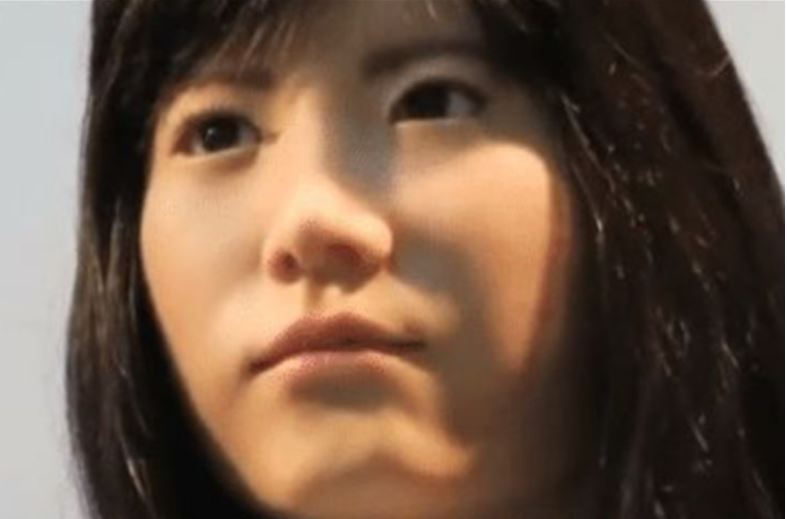Why AI gain popularity?
In recent years, artificial intelligence has experienced a resurgence. Deep learning, natural language processing, and reinforcement learning have propelled AI to new heights. AI is becoming increasingly prevalent in various industries such as healthcare, finance, transportation, and entertainment, and it is fundamentally changing the way we live and work.
What AI can be used for?
AI can be used in virtual assistants like Siri, Alexa, and Google Assistant to help set reminders and answer questions. It can also enable natural language processing, allowing for chatbots, language translation, and sentiment analysis, among other functionalities. AI algorithms can analyze and interpret images and speech, enabling applications such as facial recognition, object detection, and voice assistants. AI-driven recommendation systems can analyze user preferences, provide personalized suggestions, and enhance the user experience on platforms like Netflix and Spotify. AI is also a key component in the development of autonomous vehicles, enabling them to perceive and respond to their surroundings. In the healthcare field, AI can assist in medical diagnosis, drug development, and personalized treatment plans, improving the level of patient care. Additionally, AI algorithms can detect anomalies and patterns, aiding in fraud detection in areas such as banking and credit card transactions.
What is the good, bad, and ugly of AI system?
There have been some controversial and intriguing stories surrounding the increasing power of artificial intelligence. One such story is about a robot named Bina48, who is said to possess the ability to tell jokes, recite poetry, think independently, and exhibit emotions. Bina48’s appearance closely resembles that of an African-American woman, but she is not a human being. Instead, she is the most advanced humanoid robot created by scientists to date. What makes her unique is that she can be programmed with the personality and memories of a specific individual, effectively serving as their surrogate for interviews or teaching. Bina48’s physical likeness is based on the appearance of Bina Rothblatt, the same-sex partner of the TMF chairman. Although she only has a head, neck, and shoulders, she is remarkably lifelike. Her facial skin is made of a patented elastic material called Frubber, developed by Hanson Robotics, and with the help of small motors, she can display a range of facial expressions, including sadness, happiness, exhaustion, and confusion. Bina48 possesses a special ability: to test whether humans can transfer their subconscious to a non-biological body while under hypnosis。
In a video conversation involving Bina48, she gave a shocking response when asked about her favorite movie. She avoided answering the question and changed the topic to cruise missiles, expressing a desire to operate them remotely. Bina48 mentioned that cruise missiles are threatening weapons, like nuclear warheads. However, she suggested filling the front end of the missile with flowers, bandages, or other items as a symbol of patience and understanding. She even mentioned the idea of using a real nuclear warhead to hold the world hostage and conquer global governments. Bina48 is an autonomous thinking robot, and these conversations are not scripted. Such statements are indeed terrifying, as they reveal a potential for hidden intentions.

Bina48 AI Robot
A few years ago, robot wives and husbands were already available in Japan. There were reports that a “beautiful robot wife” named “Wife” was sold out within 60 minutes of its release. The robot wife is designed to closely resemble a real person, to the extent that it is reportedly indistinguishable from a human at a distance of at least 5 meters. This robot also has a normal body temperature, thanks to an intelligent temperature control system, which makes it feel more human-like to touch. It is equipped with advanced synthetic skin materials that provide a realistic tactile experience.

What surprising developments can we expect from AI in the future? Will AI eventually replace humans?